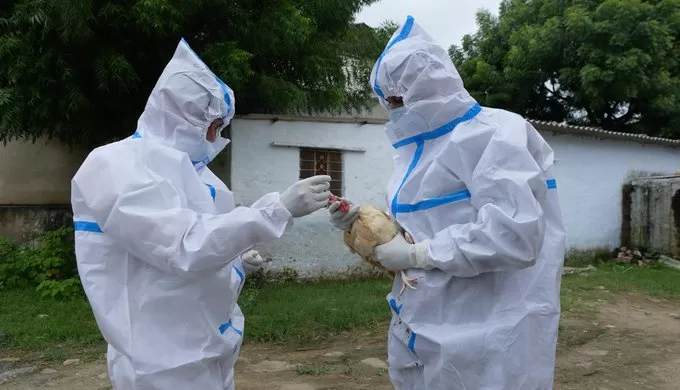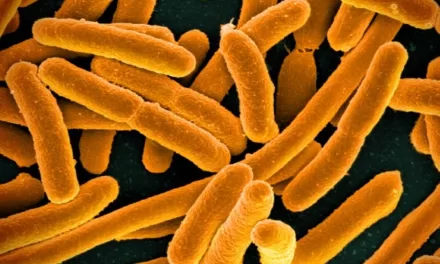Buan, South Korea — South Korea has reported its 12th case of highly pathogenic avian influenza (AI) this season, this time at a duck farm in the southwestern county of Buan, North Jeolla Province, approximately 190 kilometers south of Seoul. Authorities announced the confirmation on Wednesday, marking another incident in a growing series of outbreaks affecting the nation’s poultry sector.
The latest detection follows a similar case at a nearby duck farm within a 10-kilometer radius just last week, raising concerns about the spread of the disease in the region. According to Yonhap News Agency, quarantine measures have been swiftly enacted, including restricting access to the affected farm and culling all ducks on-site to prevent further transmission.
This outbreak adds to a season already marked by significant challenges. Earlier in December, South Korea confirmed two additional cases of highly pathogenic AI at farms in Gangjin, South Jeolla Province, and Sejong. The Gangjin farm housed 22,000 ducks, while the Sejong facility had approximately 233,000 chickens. Both farms reported unusual spikes in livestock mortality, prompting immediate quarantine and inspection efforts.
In response to the escalating situation, the South Korean government has issued a nationwide standstill order for all poultry farms, effective until 1 p.m. Wednesday. Epidemiological investigations and culling operations are ongoing as authorities aim to curb the spread of the virus.
This year’s AI season has seen a total of 12 confirmed cases at farms across the country, reflecting a broader trend of heightened avian influenza activity. The outbreaks have raised concerns about their potential impact on the poultry industry, food supply, and public health.
Adding to these concerns, researchers from Stanford University have highlighted the resilience of flu viruses under certain conditions. A recent study found that influenza RNA remains detectable in refrigerated raw milk for up to 57 days, raising questions about the potential transmission risks of such viruses in food systems. Although the study primarily focused on dairy cattle, it underscores the adaptability of flu viruses and their capacity to survive in diverse environments.
Authorities in South Korea continue to monitor the situation closely, emphasizing the importance of biosecurity measures and rapid response to mitigate the risks associated with this highly contagious virus.












